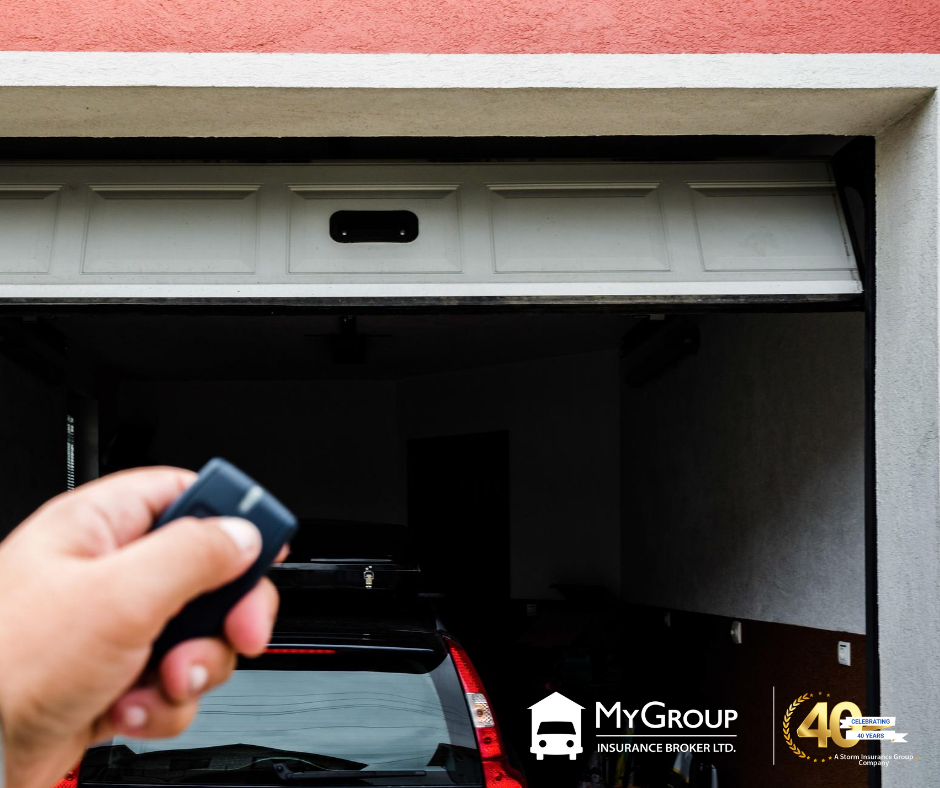This article was originally posted on economical.com.

When it comes to storing your vehicle for an extended period of time, it takes more than just throwing a sheet over it and locking it in the garage. If you aren’t planning on using your car for the foreseeable future, there are some steps you can take to keep it in good shape until you’re ready to hit the road again. You may even be able to reduce the cost of your car insurance while your vehicle is in storage. Keep these 10 tips in mind as you prepare to store your vehicle:
- Find the right place to store your car. Whether you have space in your own garage or you plan on taking your car to a storage facility, be sure to:
- Avoid locations with excess moisture. Your vehicle probably doesn’t need to be stored in a climate-controlled space, but too much moisture can lead to rust.
- Store your vehicle on a level concrete or asphalt surface. Don’t store it on gravel or bare earth, as both can expose it to extra moisture and other contaminants. It could also sink into the ground if it’s left for an extended period of time.
- Top up all of your vehicle’s fluids. Condensation can form when there’s empty space inside your vehicle’s fluid tanks for an extended period of time, and this can lead to corrosion and other issues. It’s essential to fill up on fuel, antifreeze, windshield washer fluid, and brake fluid, then take your car for one last spin to get the fluids circulating before you store it. If your storage space isn’t heated, be sure to use winter-appropriate antifreeze and windshield washer fluid.
- Consider using a fuel stabilizer. If you’re going to be storing your vehicle for an extended period of time, using a fuel stabilizer can help extend the life of the fuel in your tank and protect your gas tank and gas lines.
- Protect your car from pests. This means closing all air vents and blocking your exhaust pipe with steel wool to keep small animals and insects from getting in and making themselves at home. You can also try placing mint leaves or mothballs around your vehicle to deter pests.
- Give it a good wash, inside and out. Loose crumbs or food wrappers can attract pests, so be sure to remove all garbage and give the inside a good vacuuming. Don’t forget to clean the wheels, inside the wheel wells, and under the fenders and mud flaps, then give your vehicle enough time to dry before you put it in storage.
- Keep the interior dry and odour-free. Consider placing silica gel packs or another desiccant (dryness-promoting) product inside your car to prevent dampness from settling in. You can also place a container of baking soda on the floor inside your car to absorb odours and prevent the air from going stale.
- Change the vehicle’s oil shortly before storing it. Even if you’re not due for an oil change just yet, it’s a good idea to do this if you’re able to. As oil gets used, corrosive materials can build up in it and eventually start corroding your engine if they sit in your tank for too long. After changing your oil, be sure to drive around long enough for the engine oil to reach its full operating temperature.
- Inflate your tires to prevent flats. When vehicles are stored long-term (especially when it’s colder outside), the tires can deflate, resulting in flat spots. To prevent this, inflate your tires to the pressure rating recommended by the manufacturer.
- Protect your wiper blades. Prop up your wiper blades or wrap them with cloth to keep them in tip-top shape and avoid leaving marks on your windshield.
- Contact your group’s car insurance broker to ask about potential savings on insurance while your vehicle is in storage. You could save on car insurance by taking your car off the road completely until you’re ready to drive again. Remember to talk to your group’s broker about the coverage you’ll need before you decide to get back out on the road.
Have questions about your insurance coverage and how it could change when you store your vehicle? Reach out to your group’s licensed car insurance broker for support.
Share this article on or to help other parents choose a vehicle for their teen.
